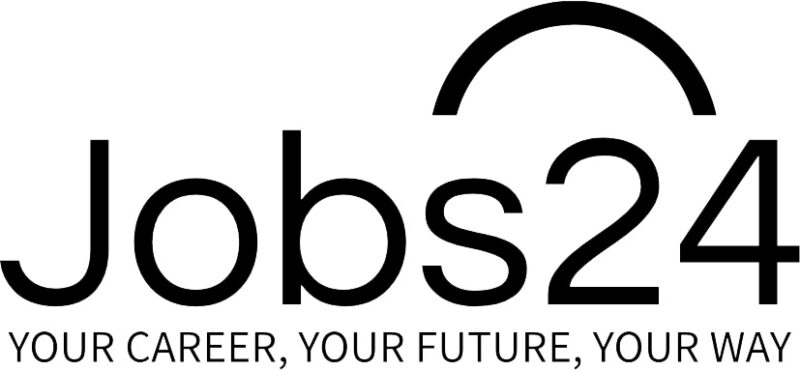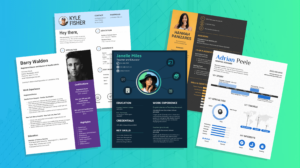In 2024, things are changing rapidly, so being able to learn new roles quickly is important for job growth and success. As the industry changes due to new technologies and changing consumer demands, being flexible and creative in the way you do things can make you more effective in your new job. Here are some smart ways to quickly adapt to a new job this year:
Adopt a learning mentality.
Continuous learning: Be willing to keep learning as you take on new responsibilities. Be willing to absorb new information, learn new skills, and unlearn old ways of doing things. This way of thinking not only helps you change quickly, but also shows your determination and flexibility.
Ask for feedback: Ask your boss and colleagues for feedback regularly. Knowing what to do and then taking action can help you grow and adapt faster at work.
Use onboarding resources
Take advantage of the training program and participate fully in the onboarding process. Many companies have entire programs in place to help new employees understand company culture, how things work, and what is expected of them at work.
Access to training materials: Use all available training materials, such as workshops, online tutorials and manuals. These tools are very useful for obtaining job-specific information and skills.
know someone.
Connect with colleagues: Getting to know your new colleagues can provide you with support and advice as you adjust to your new job. Colleagues can give you useful advice, help you get along with others in the company, and connect you with the people who matter.
Find a mentor: If possible, find a mentor within the company who has experience and information relevant to your work. A mentor can help you do your job by giving you advice, support and guidance.
Understand how the business works.
Spend some time understanding workplace culture, such as how people talk to each other, how decisions are made, and what the company’s goals are. Adjusting the way you work to fit the company culture can make the transition smoother and make it easier for you to collaborate with others.
Get involved: Attend company events to learn about company culture and get to know colleagues outside of work.
Target setting
Short-term goals: During your first 30, 60, and 90 days on the job, set goals that you can achieve. Some examples of these goals include improving certain skills, completing certain projects, or getting to know key team members better.
Align with management: Make sure your goals are aligned with those of your team and with what your boss expects from you. Meeting with your boss regularly to talk about your progress can help you stay on track and show that you’re proactive.
keep the order.
Prioritizing: Learn how to prioritize work based on its importance and speed of completion. This reduces worries and workload, making it easier for you to focus on important tasks.
Use productivity tools: Use software and organizational tools to keep track of your tasks and plans. Tools like Microsoft Teams, Trello, and Asana can help you complete projects smoothly and chat with colleagues more easily.
Ensure a work-life balance.
Use your time wisely: Time management is very important, especially when adjusting to a new job. To maintain a healthy work-life balance, make sure you schedule breaks and time for personal tasks.
Ask for help: If you feel like you can’t handle it all, don’t be afraid to ask for help. This can come from your HR department, colleagues or professional groups.
Stay informed about changes in your industry
Stay informed: Stay informed about the latest trends and changes in your field. This can help you plan and prepare for job changes.
In summary
Quickly adapting to a new job in 2024 will require a combination of active learning, strategic networking, goal setting and leveraging company resources. By using these tips, you can quickly adapt to your new job, overcome the challenges of a fast-paced workplace, and set yourself up for future career success.




